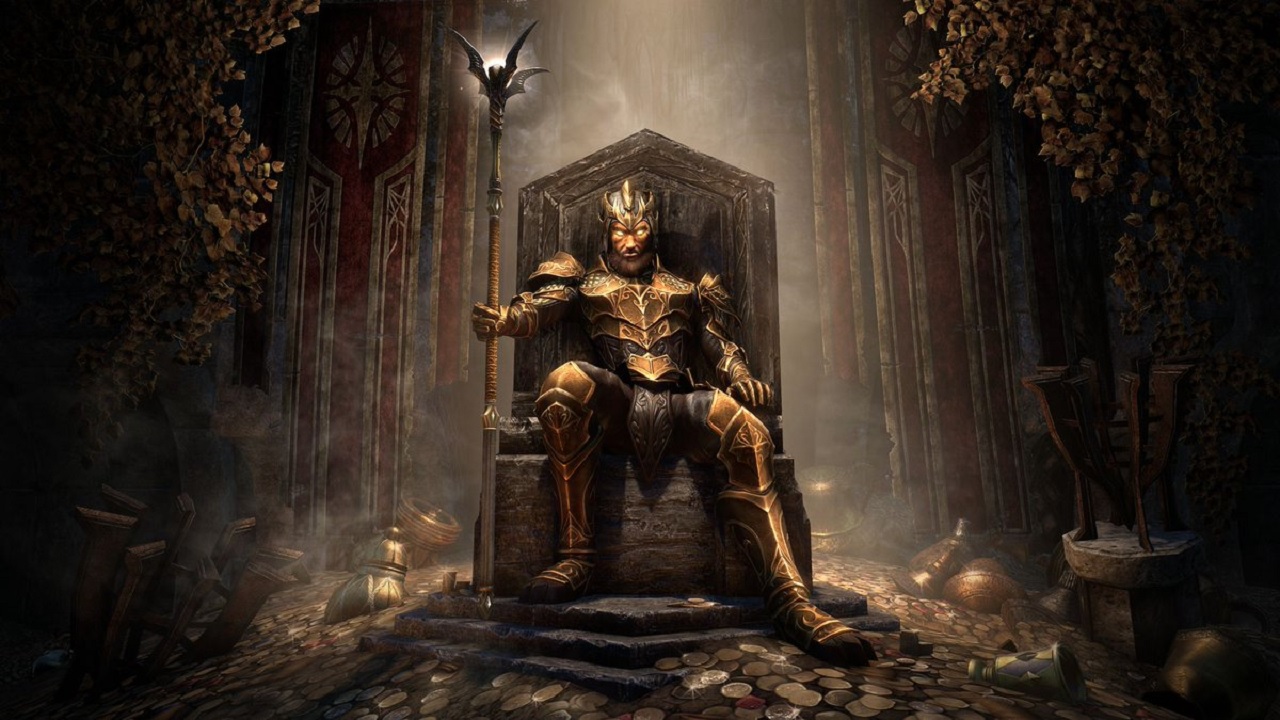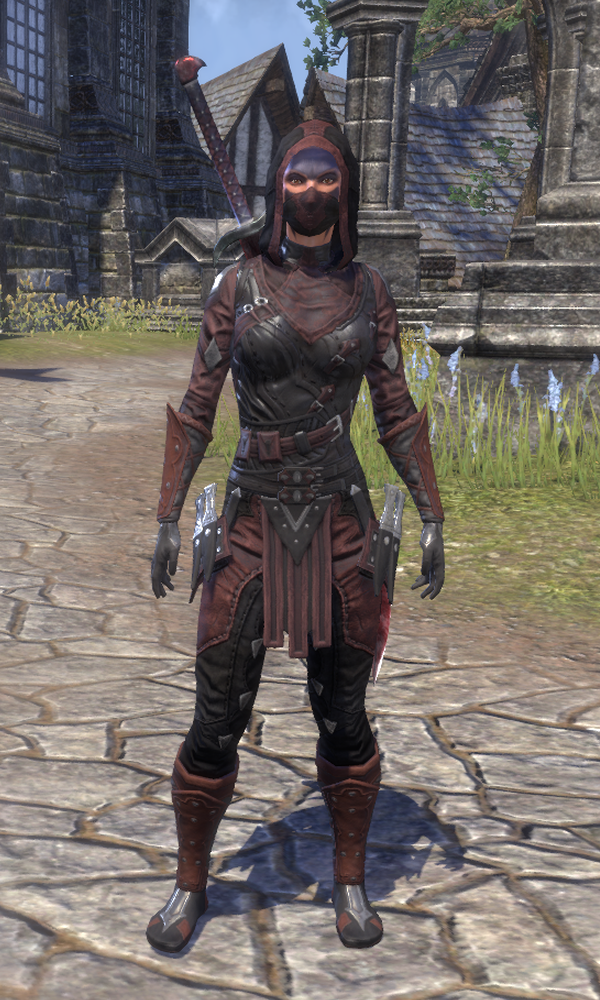


The gravamen of the plaintiff’s complaint was that the defendants created a video game – The Elder Scrolls IV: Oblivion (“ Oblivion”) – containing a supposed design defect, which the plaintiff dubbed “a universal animation defect.” This defect produced devastating results: Once manifested, it ended the player’s game, thereby forcing him or her to restart Oblivion from scratch with a new character. The plaintiff alleged, among other things, that the defendants violated the Colorado Consumer Protection Act and breached the implied warranty of merchantability. The plaintiff brought a putative class action in Colorado state court, seeking damages and injunctive relief based on the defendants’ alleged deceptive and unlawful conduct in manufacturing, marketing, distributing, and selling a defectively designed video game. In this case, the United States District Court for the District of Colorado held that once a case is properly removed under CAFA, the subsequent striking of class allegations does not divest a federal court of subject matter jurisdiction.


 0 kommentar(er)
0 kommentar(er)
